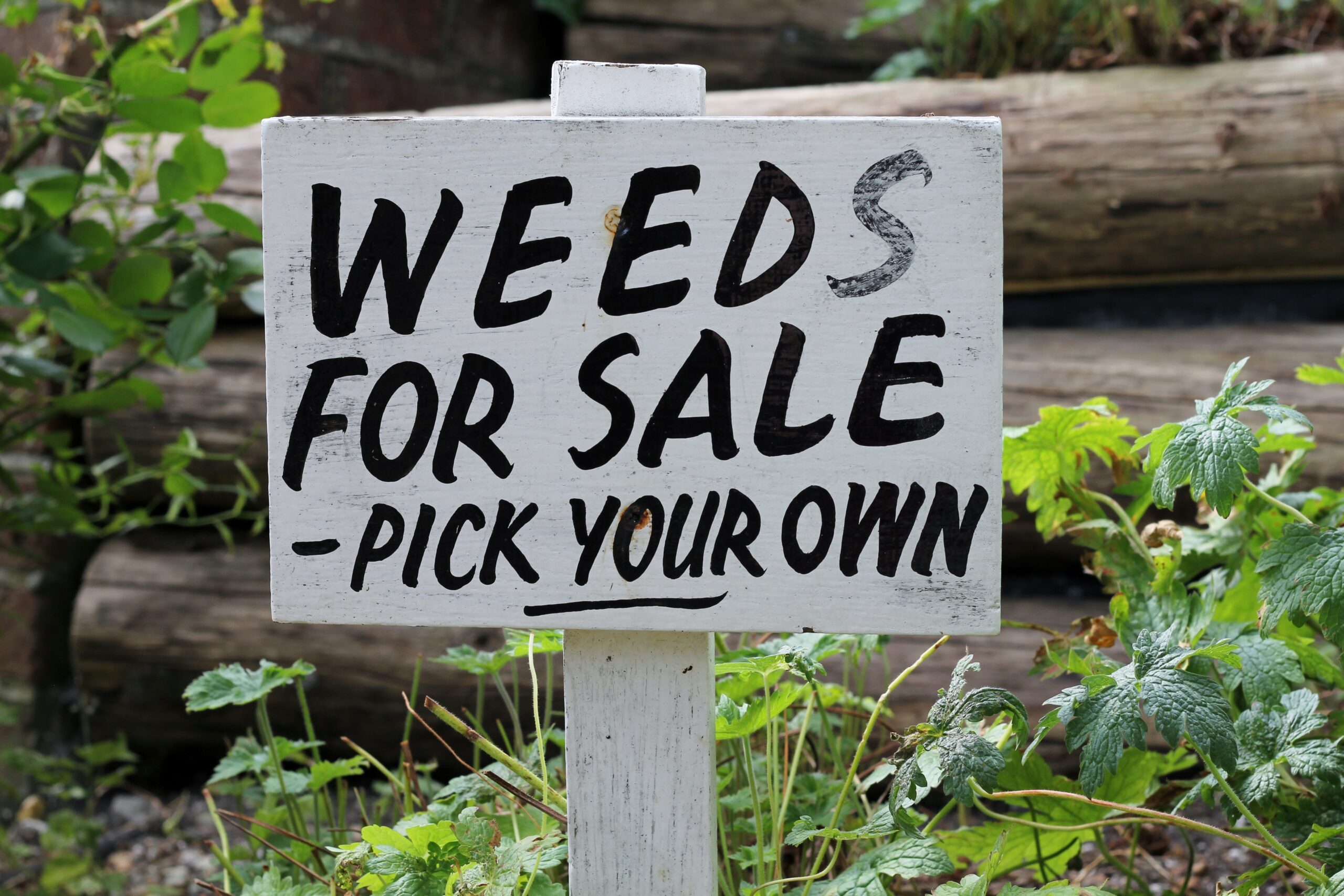
The last few months have seen more and more media reports of weeds taking over pavements and public spaces in many towns and cities. The weed problems have led to record complaints to local councils from residents who describe the experience as like ‘living in a scene from Day of the Triffids’ and report injuries from tripping or falling. Residents are also reported to be furious about having to pay higher council taxes, the benefits of which they are unable to see, and that some councils have encouraged them to get out and garden around their properties as it will improve their health and community spirit.
Behind the increase is the banning by many councils of the herbicide glyphosate over the last few years. Brighton and Hove Council banned it in 2019 and the city has featured in the news as being one of the worst for the overgrowth of weeds. The council is reported to have tried/be trying a number of different herbicide-free ways to tackle the weeds – including with weed rippers or weed puller machines.
Over in neighbouring East Sussex, the council has maintained the use of herbicides, having trialled three alternatives. A report on its trials can be found here. It concluded that “At the present time, there is no proven alternative solution that can be effectively used to weed treat a network of over 1,900 miles of road channels and footways”. The report said that ” the Council noted the concerns of Councillors and residents relating to the use of Glyphosate and are committed to finding an alternative means of controlling weed growth, however the Authority must also meet its statutory duty to maintain a safe and usable highway network. ”
While there may not be viable alternatives at the moment to glyphosate, there certainly ARE ways of reducing the amount of the product used which could keep costs down and meet any targets councils might have to limit its usage. Technologies such as ultra low volume (ULV) sprayers, for example, are relatively inexpensive, reduce glyphosate and other herbicide usage by up to 80% and are light and safe to use for operators, unlike heavy vibrating equipment like some weed grabbers. Large areas can be treated by one operator, the product can be accurately targeted so there is limited overspray and the equipment is easily transportable.
Find out more about ULV spraying against weeds here.
